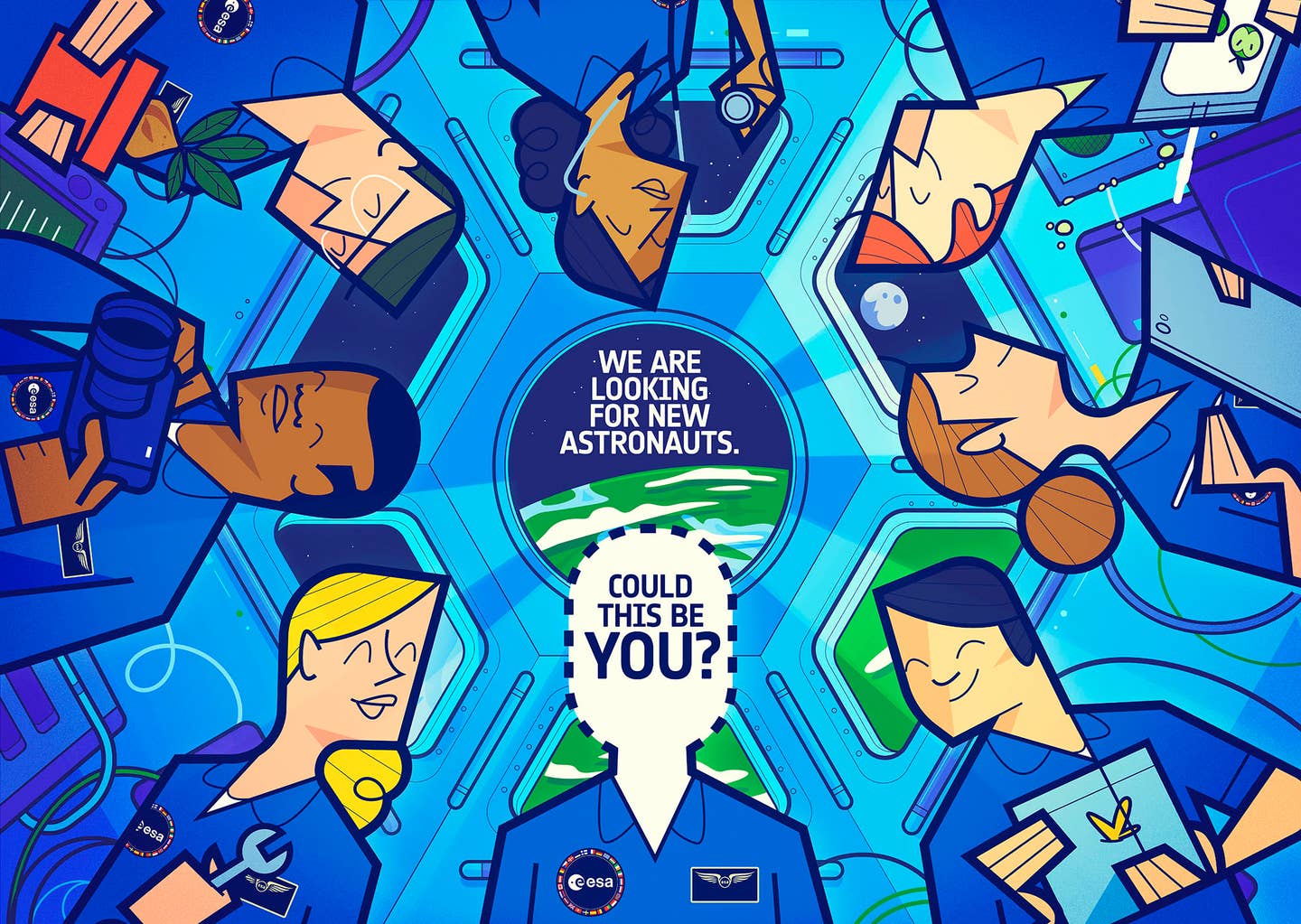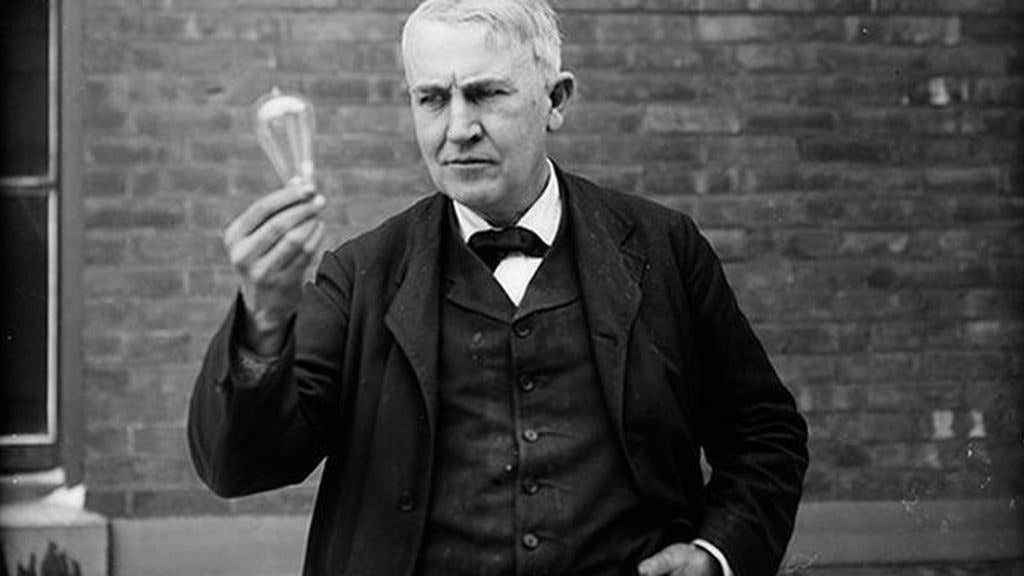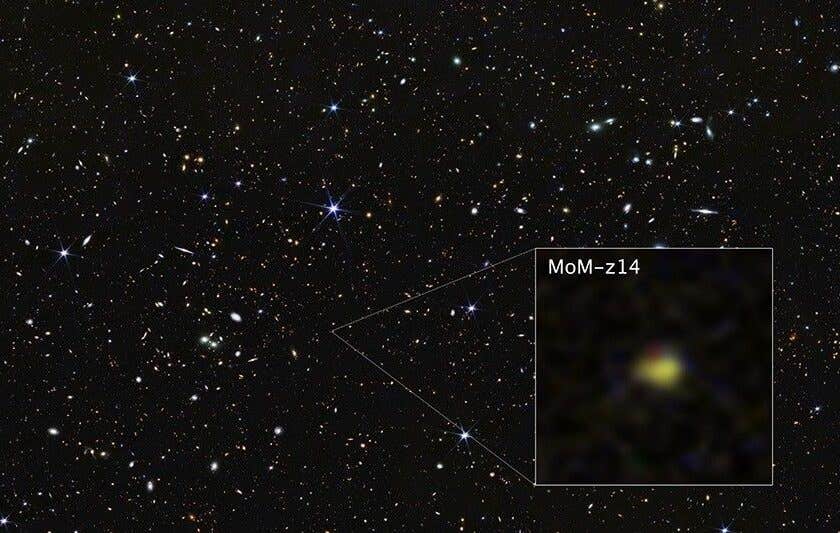European Space Agency looks to recruit disabled astronauts, wants more women in space
The ESA says it is “blown away” by the record 22,000 astronaut applicants including women and 200 people with disabilities.

[June 23, 2021: David Coffey]
The European Space Agency says it is “blown away” by the record number of applicants — more than 22,000 — hoping to become the continent’s next generation of space travelers, including more women than ever and some 200 people with disabilities.
In releasing the results of a new recruitment drive aimed at more astronaut diversity, the ESA acknowledged Wednesday that it still has work to do on gender balance.
Only 24% of the applicants were women, up from 15% at the last hiring drive in 2008.
The hiring campaign hasn't specifically addressed ethnic diversity, but is stressing the importance of “representing all parts of our society." The agency received applications from all 25 member nations and associate members, though most came from traditional heavyweights France, Germany, Britain and Italy.
For the first time, the ESA specifically sought out people with physical disabilities, for a first-of-its-kind effort to determine what adaptations would be necessary to space stations to accommodate them.
As aspiring astronauts across Europe wait for the next step in our #AstronautSelection, we can look at initial figures that indicate over 22 000 people applied to make their way to space (compared to 2008's 8413).
Enthusiasm for space exploration
The competition is fierce. Just four to six people will be chosen as Europe's next astronauts, with a reserve team of about 20.
The candidates will under go intensive screening over the next year, with a final decision expected in late 2022.
“We’ve all been astonished” at the number of applicants, ESA Director General Josef Aschbacher told a news conference. “It’s a very strong expression of interest and enthusiasm that people have across Europe for space."
The European agency has sent only two women into space to date — Claudie Haigneré and Samantha Cristoforetti — but wants that number to grow.
While over 5,400 women applied for the new ESA program, “the numbers also show there is more to be done to achieve gender balance in the space sector," said David Parker, its director of human and robotic exploration.
Globally, 65 of the more than 560 people who have explored space were women, most of them Americans.
Like these kind of feel good stories? Get the Brighter Side of News' newsletter.
Tags: #Global_Good_News, #Space, #NASA, #Space_Exploration, #Disability, #Astronaut, #Technology, #The_Brighter_Side_of_News



